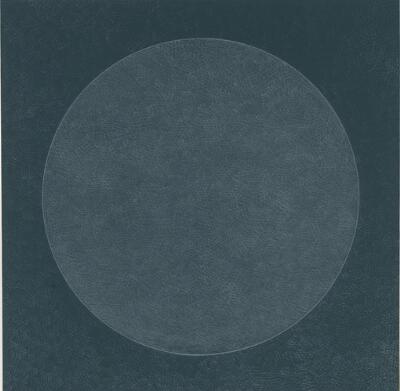To create a silence within us that allows us to be attentive to others is part of the sanctification of the world. View the study sheet here. Watch the recording here.

We live in noisy times. For me, at a basic level it starts every morning at 7:00 a.m. sharp when workers begin banging, sawing and drilling as they construct a three-story five-unit condo building next door. At least that is a noise that ends every day at 6:00 p.m. and that will totally conclude about a year from now.
More outside noise comes from the garbage trucks rumbling down our street as early as 5:30 a.m. And then there is the army of gas-powered leaf blowers which descends weekly on our neighborhood. Quiet Clean PDX is one of several groups that have advocated for laws that would phase out such blowers, chainsaws and other gas engine tools. So far, the state as a whole, steeped in a proud timber tradition, has resisted this largely urban push.
It is not only the outside that is a source of unwelcome elevated decibel levels. As soon as a television program switches to a commercial, I notice that the volume takes a sharp jump up. Congress tried to do something about that. In 2010 it passed the Commercial Advertisement Loudness Mitigation (CALM) Act. It requires commercials to match the average volume of the show during which they are played. If you think a commercial does not match a show’s average volume, well, you can file a complaint with the Federal Communications Commission.
But there is another kind of noise which today interferes with our ability to communicate with one another. And the source of that is our lack of hearing one another. Our arguments are full of points to be made rather than curiosities about what the other thinks. It is that kind of noise which fills the civic airwaves, social media and public squares. Absolute certainty displaces any need for humble listening.
At the heart of this week’s Torah portion is the instruction to listen: “Listen, O Israel. Adonai is our God. Adonai is one.” We are to create a space of stillness that awe might enter our lives. Just as the project of building the Mishkan was to create an openness that would enable God to dwell in our midst. With stillness and openness we surrender the certainty of something for the mystery of no-thing.
Paul Brach was an abstract painter, who eventually became the first dean of the School of Art at the California Institute of the Arts. In 1964 he collaborated with Jewish theologian and novelist Arthur Cohen to create a portfolio of ten textual statements and ten illustrations designed to convey their sense of spiritual experience.
Their work, The Negative Way, consists of sparse texts and minimalist images. Pictured here is Brach’s #5 (The Negative Way). Cohen and Brach worked in the tradition of kabbalah, which resists the human temptation to define God. To give God a name is to limit God, to confine it within a framework of meaning that would imply that there is something that is not God. The term that kabbalah uses for God is Ein Sof, “there is no end.” The same Hebrew which provides Ein also gives us Ayin, “no-thingness.” Nothing. This Nothing is the source of all particular things.
Silence and space. Nothing.
If Torah’s instruction is to listen to Nothing, can Nothing be heard? Last week researchers at Johns Hopkins published a paper titled “The Perception of Silence.” Through a series of experiments, they explored the question: Do we positively hear silence, or do we just fail to hear?
Contemporary theories have generally held that sounds are the only objects of auditory experience and that our encounter with silence is cognitive not perceptual. The Johns Hopkins experimental evidence led to the conclusion that silence can be genuinely perceived and not just cognitively inferred. As lead author Rui Zhe Goh remarked: “What our work suggests is that nothing is also something you can hear.”
This is among the final divine instructions Moses passes on to the Israelites as they prepare to leave behind the emptiness of the wilderness for the fullness of the promised land: Remember to take time for Nothing.
Join us here at 7:00 p.m. (PT) Thursday, July 27 as we explore the sound of silence.









